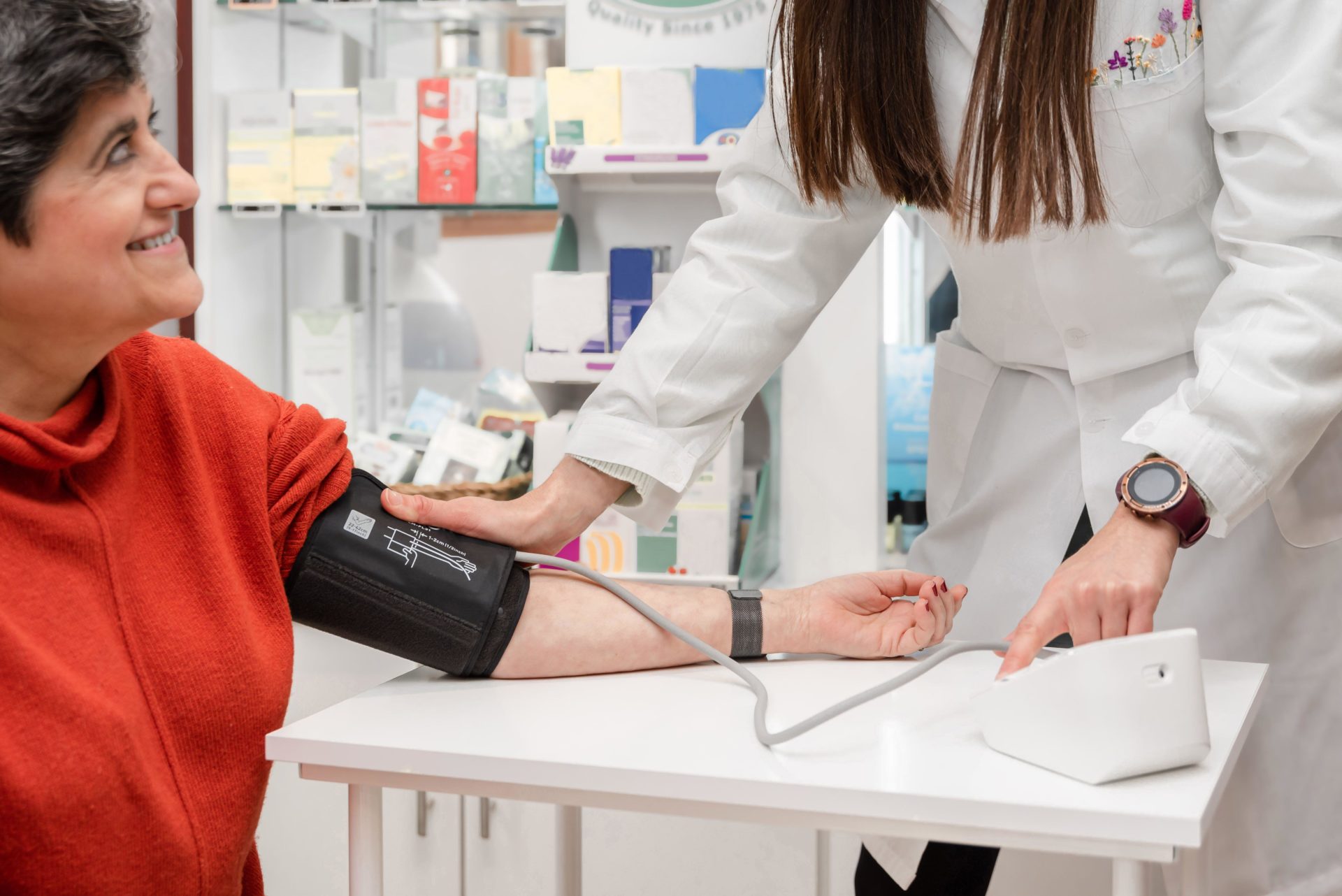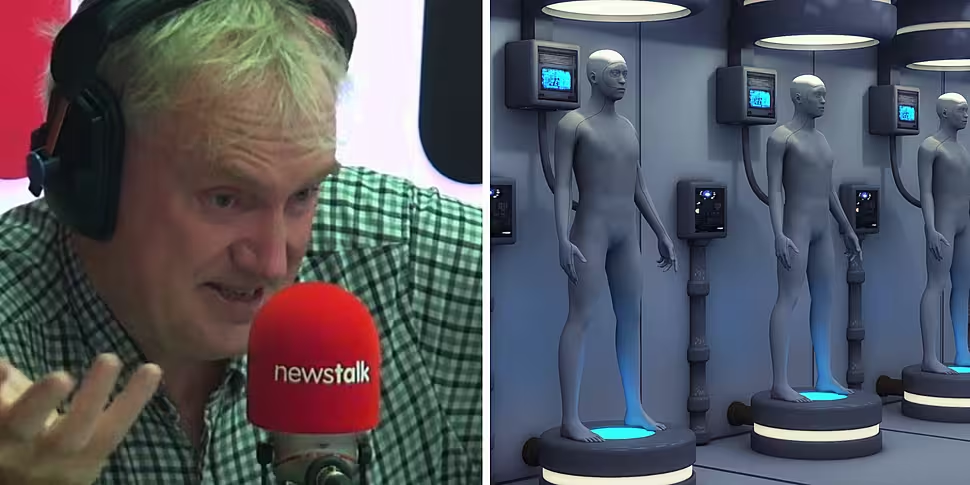Doctors could soon use ‘digital twins’ to virtually test medicines, predict operation outcomes and look for future health issues in patients.
If you were to upload all your DNA and health records to a computer, you could create a digital twin that would allow drugs side effects, operation results and future health problems to be predicted for patients virtually.
According to Trinity Professor Luke O’Neill, this area of innovation is currently of huge interest to the pharmaceutical industry.
He told the Show Me The Science podcast that, at the moment, this technology is mostly used for individual organs.
“The first place though where we’re seeing real usefulness, you might say, is not the whole human being but one of your organs,” he said.
“So, for example, you can make an MRI scan of your heart, get loads of data on its structure and the heartbeats and all these kinds of things.
“You can put it into the computer and now you have your heart as a digital thing.
“Why would that be useful? Well again, you can test that heart in various ways.
“You can increase blood pressure for instance and look at the risk of a heart attack because of increased blood pressure.
“You can look at how ageing might affect that heart and you can actually predict then, they're saying, whether you're at risk of heart disease.”
 Female pharmacist in white robe using sphygmomanometer while measuring blood pressure female customer in pharmacy (ADDICTIVE STOCK CREATIVES / Alamy Stock Photo)
Female pharmacist in white robe using sphygmomanometer while measuring blood pressure female customer in pharmacy (ADDICTIVE STOCK CREATIVES / Alamy Stock Photo)Prof O’Neill said this could also be used to test how an organ would respond to surgical implants, such as adding a stent to a person’s heart.
“It’s important for this because medical devices, things like stents and valves and so on, they do have a risk of not working properly,” he said.
“They can cause injury actually, when you put them into someone’s body.
“There were 83,000 deaths, for example, in 2018, because of medical devices; 1.7 million injuries."
However, according to Prof O’Neill, testing a device on a digital version of an organ could allow doctors to spot these issues in advance.
Drugs side effects
It could also allow for drugs and treatments to be tested for individual side effects before giving them to patients, he said.
“We know a lot about how drugs cause side effects and in fact, you can kind of predict it already because certain drugs structures – let's say I make a brand-new medicine in my lab or whatever – I can scan the structure of that against other structures," Prof O'Neill said.
“If it says, ‘Uh oh, there’s a chemical group here that predicts toxicity’, then I know there’s a risk of that causing side effects.
“So, it can be done already to some extent – but now what about if I inject that into my digital twin?
“Now in my own twin, I can predict how that drug will be metabolised and I might say, ‘Uh oh, don’t use that because you will get some kind of product from that drug that may well cause side effects.”
Prof O’Neill said this technology would save both patients and doctors huge amounts of time and stress.
Listen back here:
Main image: Professor Luke O'Neill (L) and a 3D model of human clones (R).









